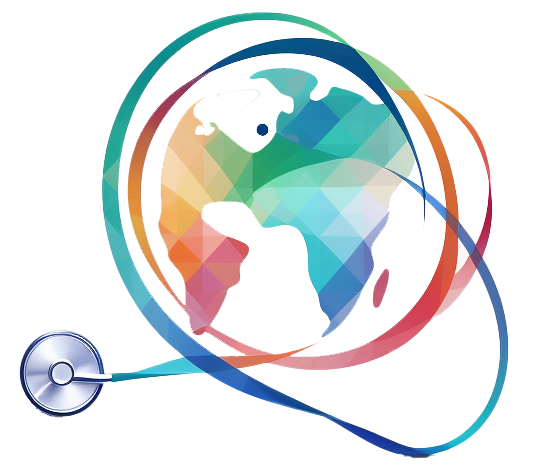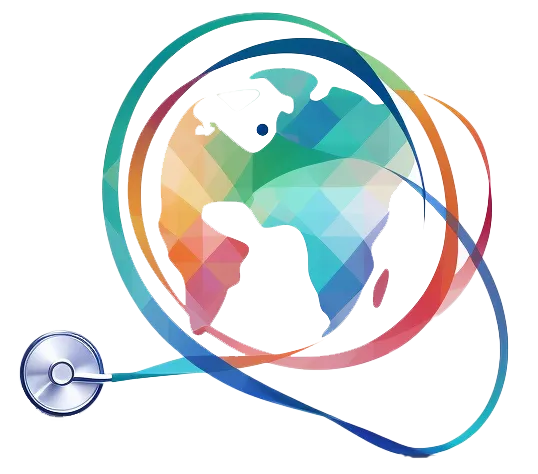Introduction: Navigating the Technological Transformation in Healthcare
The landscape of healthcare is undergoing a seismic shift thanks to technology. This comprehensive guide explores how various technological advancements, from Artificial Intelligence (AI) to cutting-edge innovations, are reshaping the medical field.
The Convergence of Medicine and Technology
An overview of how the integration of technology in medicine has evolved, leading to groundbreaking changes in healthcare delivery and treatment.
Implications of Technological Advancements in Healthcare
Discussing the broader implications of these technological innovations on healthcare quality, accessibility, and efficiency.
A – Artificial Intelligence in Diagnostics and Treatment
Artificial Intelligence stands at the forefront of modern medical innovation, revolutionizing diagnostics and treatment plans.
AI in Early Detection and Diagnosis
Exploring AI’s role in enhancing the accuracy and speed of medical diagnoses, particularly in detecting diseases at their early stages.
Tailoring Treatments with AI Algorithms
How AI algorithms are being used to customize treatment plans for individual patients, considering their unique health profiles.
B – Blockchain for Secure Medical Records
Blockchain technology is emerging as a solution for secure and efficient handling of medical records and health data.
Enhancing Privacy and Security in Healthcare Data
Detailing how blockchain technology ensures privacy and security in the management of sensitive healthcare data.
Streamlining Patient Data Accessibility
Discussing the role of blockchain in facilitating easy and secure access to medical records for both healthcare providers and patients.
C – CRISPR: Gene Editing’s Frontline
CRISPR technology represents a monumental leap in gene editing, offering potential cures for genetic disorders.
CRISPR in Treating Genetic Diseases
An examination of how CRISPR technology is being used to correct genetic abnormalities and its implications for future disease treatment.
Ethical Considerations in Gene Editing
Addressing the ethical debates surrounding the use of CRISPR and gene editing in medicine.
D – Digital Health and Telemedicine
Digital health solutions, including telemedicine, are democratizing access to healthcare services, especially in remote areas.
Telemedicine: Healthcare at a Distance
Exploring the impact of telemedicine on expanding healthcare access, and its role in managing chronic conditions and providing specialist consultations.
Digital Platforms for Health Management
Highlighting various digital platforms and apps that enable better health management and patient engagement.
E – Electronic Health Records (EHRs)
Electronic Health Records have transformed the way patient data is stored, accessed, and utilized in healthcare.
Improving Patient Care with EHRs
Discussing how EHRs improve the efficiency and quality of patient care through streamlined data access.
Challenges and Future of EHRs
Addressing the challenges faced in implementing EHR systems and potential future enhancements.
F – Fitness Wearables and Health Monitoring
Fitness wearables are not just for tracking physical activity; they’ve become crucial tools for continuous health monitoring.
Wearables in Everyday Health Monitoring
How wearable devices are used to monitor vital health metrics and detect potential health issues early.
The Data-Driven Approach to Wellness
Exploring the role of data collected from wearables in personal health analysis and lifestyle adjustments.
Conclusion: The Alphabet of Medical Technology Innovation
In conclusion, from AI to Z, the alphabet of medical technology encapsulates a range of revolutionary innovations. Each technological advancement brings us closer to a future where healthcare is more accurate, personalized, and accessible. As we continue to embrace these changes, the potential for improved health outcomes and transformed medical experiences is boundless.

